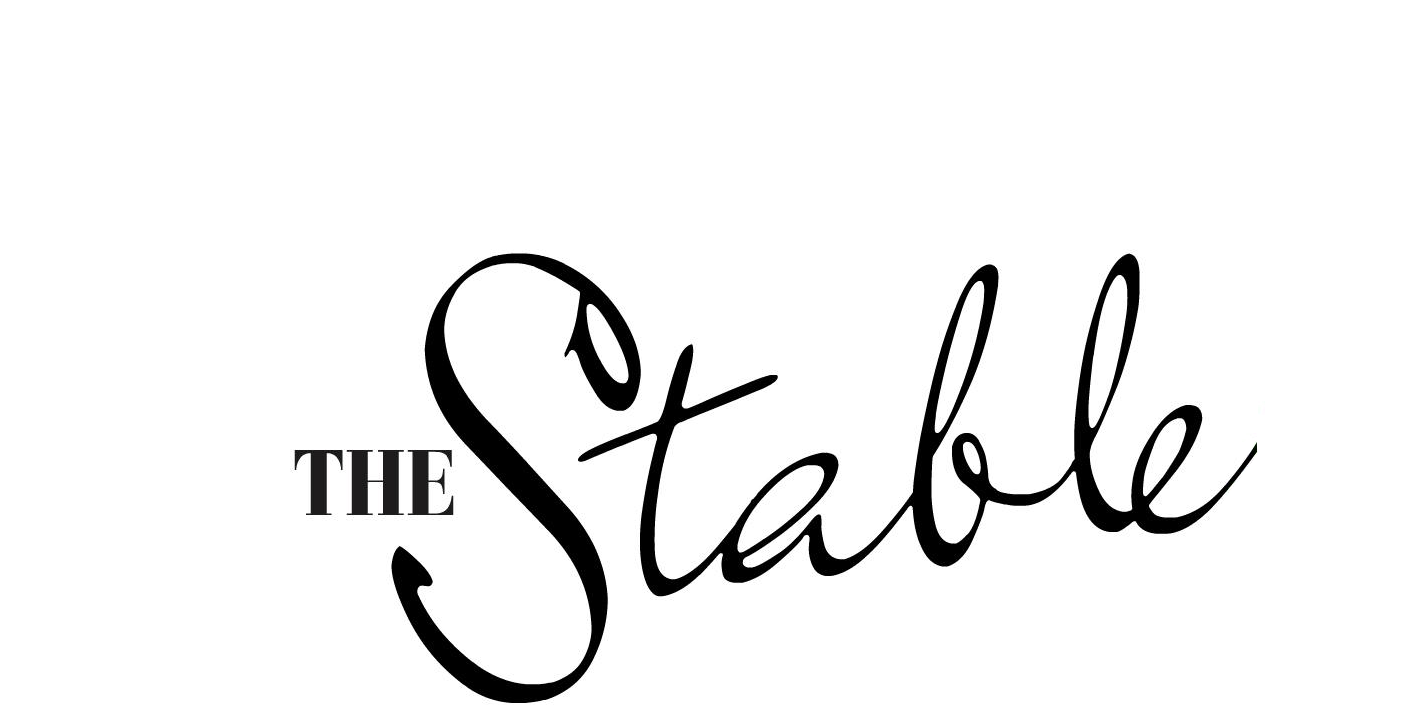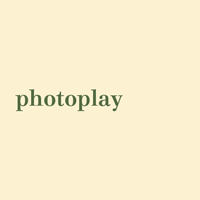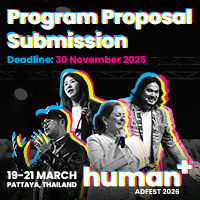“That’s so gay.” “Let’s have a powwow.” “I don’t see colour.” “You don’t look trans.” These are microaggressions. Some are said thoughtlessly. Others are used as barbs. Microaggressions are everyday subtle put-downs, assumptions, and comments that, regardless of intentions, are hurtful, insulting and damaging. Mostly, they’re a problem that hasn’t been talked about enough. Until now.
Zulu Alpha Kilo and Canada’s leading diversity advocacy groups have launched a new online encyclopedia documenting the different types of microaggressions. The Micropedia of Microaggressions provides an understanding of microaggressions through definitions, information and real-world examples from culture, media, and daily interactions.
Research has shown that while less obvious than overt forms of discrimination, microaggressions take a significant toll on mental and physical health. The goal of The Micropedia is to bring awareness to this hidden issue by equipping people with an understanding of one of the most common forms of discrimination, microaggressions, and to support training and education on equity, diversity, and inclusion.
Zulu Alpha Kilo worked on The Micropedia on behalf of a community of Canada’s D&I advocacy groups that includes The Black Business and Professional Association, The Canadian Congress on Diversity and Workplace Equity, Pride at Work, and Ryerson University’s Diversity Institute.
“Drawing inspiration from other community-driven wikis, The Micropedia can be a helpful tool for documenting these instances and connecting people to relevant resources in a judgement-free way. This is especially important when conversation emerges around clear examples of microaggressions in wider culture and in our everyday lives. We can’t change what we don’t know,” stated Stephanie Yung, head of design and executive creative director at Zulu Alpha Kilo. “A user submission component on The Micropedia will let anyone contribute new entries so this can become a robust, go-to tool for individuals and organisations.”

Supporting the launch is a documentary style video where individuals invited to share their first-hand experiences of microaggressions were then introduced to The Micropedia for the first time. Their reactions demonstrate and reinforce how our collective ability to change our day-to-day behaviours can make a world of difference for so many Canadians.
Microaggressions can take many forms and are part of the ongoing experience of discrimination many individuals experience regularly. A high rate of microaggression happens daily and the impact is extremely harmful. Here are just a few facts:
- 60% of Indigenous Peoples report feeling emotionally unsafe at work.
- More than half of those identifying as Black in the Greater Toronto Area say Canada is no better than the US when it comes to anti-Black racism.
- 1 in 4 sexual minority people have experienced unwanted sexual attention while at work, the most common behaviour after inappropriate sexual jokes.
- University graduates with severe disabilities on average have worse employment outcomes than high school dropouts.
- Only 32% of women believe Canadian workplaces treat men and women equally.
- 60% of Americans have witnessed or potentially witnessed microaggression in the workplace.

“Microaggressions are part of the daily experience of many women, non-binary people, Black and racialized people, Indigenous people and persons with disabilities, as well as those in the 2SLGBTQ+ community. But unlike for example, overt anti-Black racism, microaggressions are often more subtle. Often, they are harder to ‘prove’, and we second guess ourselves, adding to the negative effects,” stated Nadine Spencer, president and chief executive officer of the Black Business and Professional Association. “It can also be exhausting to decide what to call out and when or how to explain why something is harmful, especially when comments may be the result of ignorance rather than malice. This resource explains the harm a person might unknowingly cause and includes real-life examples. We hope that it will help individuals to become more aware of bias, stereotypes and offensive comments and behaviours.”
The Micropedia of Microaggressions is the latest of many D&I-focused initiatives by Zulu Alpha Kilo. In December, the agency published its first Diversity & Inclusion Report to the industry. Zulu’s second Diversity & Inclusion Report will be published in the New Year and so far it has been the only agency in Canada to do so with such transparency.
In May 2021, Zulu Alpha Kilo’s founder and chief creative officer, Zak Mroueh, also launched the 20Doors Scholarship Fund, in which he has committed to cover the college tuition for four BIPOC candidates annually to complete a year-long undergraduate program in copywriting or art direction. This five-year initiative will open 20 doors for BIPOC students and will ultimately provide them with that all important “in”.
The campaign is calling on organisations and individuals to join the community and continue adding entries to the resource.
Contribute to the project here.
Credits
Agency: Zulu Alpha Kilo
Chief Creative Officer: Zak Mroueh
Executive Creative Directors: Stephanie Yung & Christina Yu
Art Director: Andrea Por
Writer: Christina Roche
Designer: Zoe Kim
Design Director: Jeff Watkins
UX/UI Designer: Damian Simev
Account Team: Rob Feightner, Karla Ramirez & Micheal Braithwaite
Planning Team: Spencer MacEachern, Adrian Ver, Patrick Henderson & Sean Bell
Producer (Web): Kenneth Haz
Producer (Audio): Rebecca Adams
Production Director: Ola Stodulska
Studio Director: James Graham
Developers (Web): Jake Edwards, Kyle Collins & Ariana Emond
Production Artists: Pavel Petriycki, Mila Lukezich & Cecilia Bernasch
Production House: Zulubot
Director: Barb Shearer
Producers: Lauren Schell, Mitch Cappe, Adam Palmer & Jackie Pal
Executive Producer: Tom Evans
Cinematographer & DOP: Greg Bennet
Editing Company: Zulubot
Editors: Jessie Posthumus & Felipe Chaparro
Animation: Ashlee Mitchell
Post Production Producer: Sarah Dayus & Mariya Guzova
Online: Felipe Chaparro
Motion Graphics: Mike Sevigny
Special Effects: Jay Baker
Colourist: Felipe Chaparro
Audio Production & Scoring: Pirate Toronto
Executive Producer, Pirate Toronto (Audio): Maggie Blouin Pearl
Engineer, Pirate Toronto (Audio): Ian Boddy
Audio Social: Noah Mroueh













